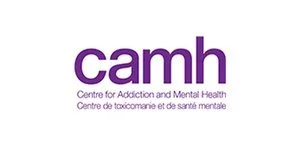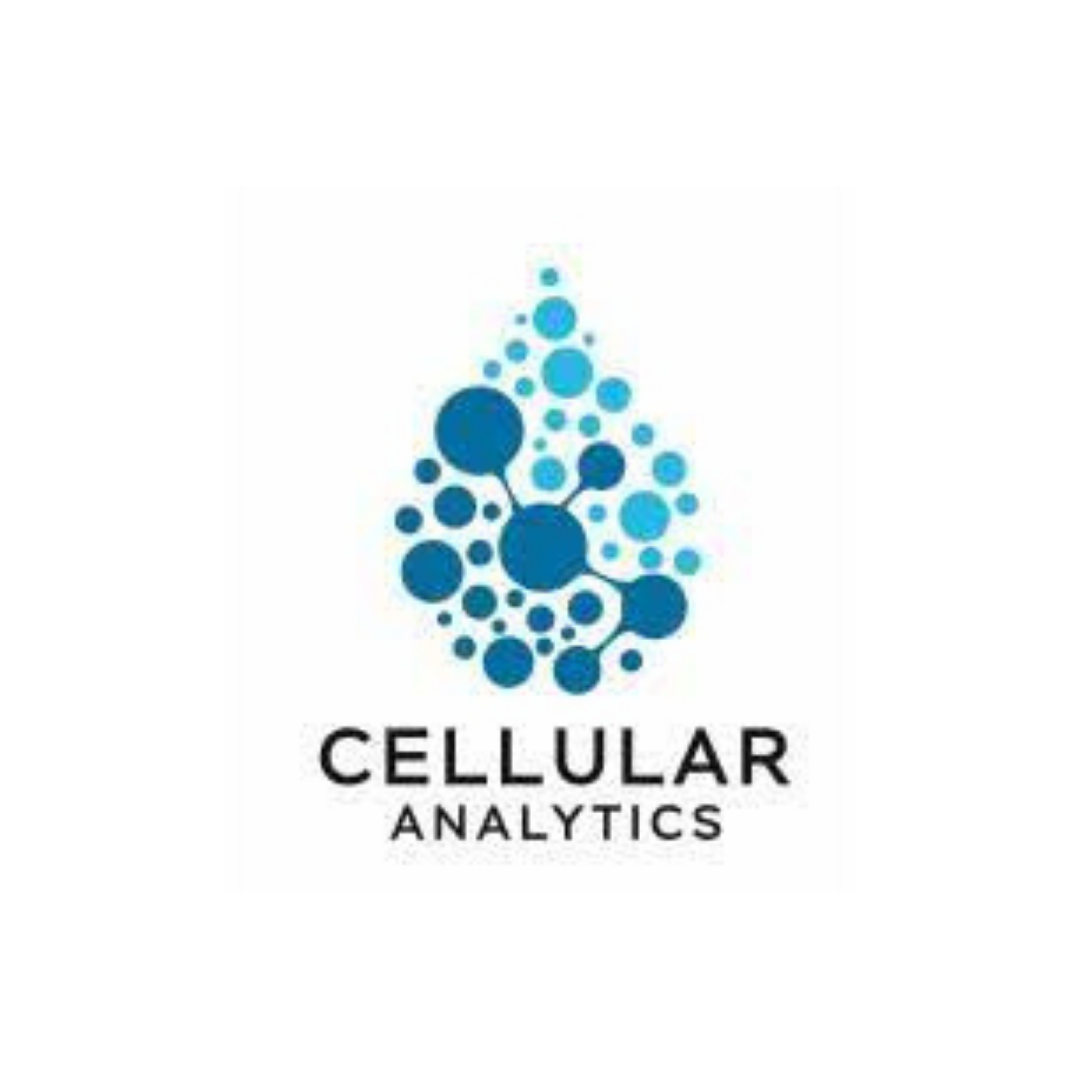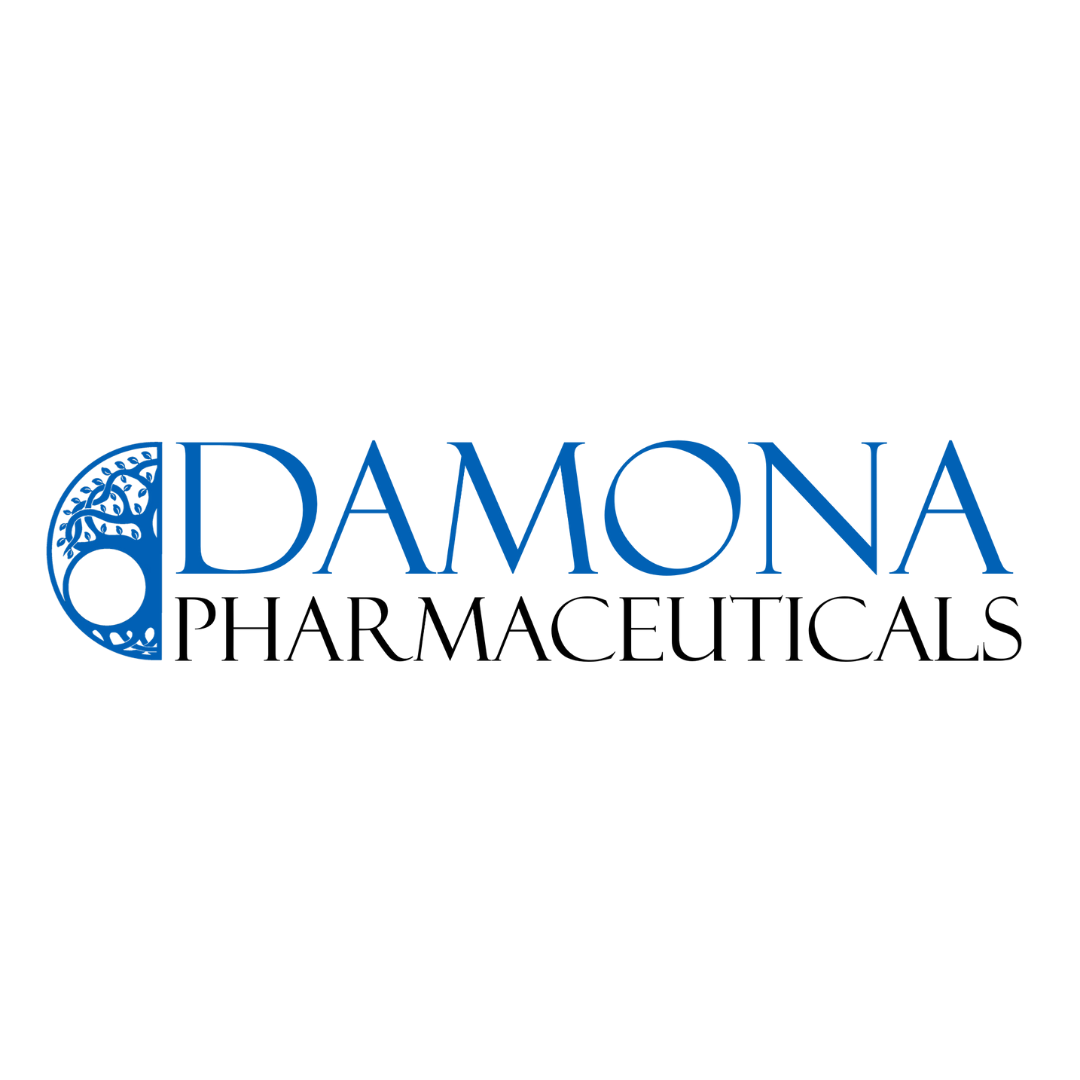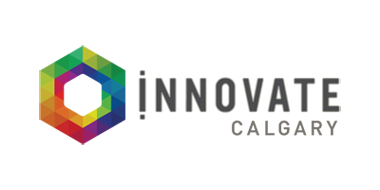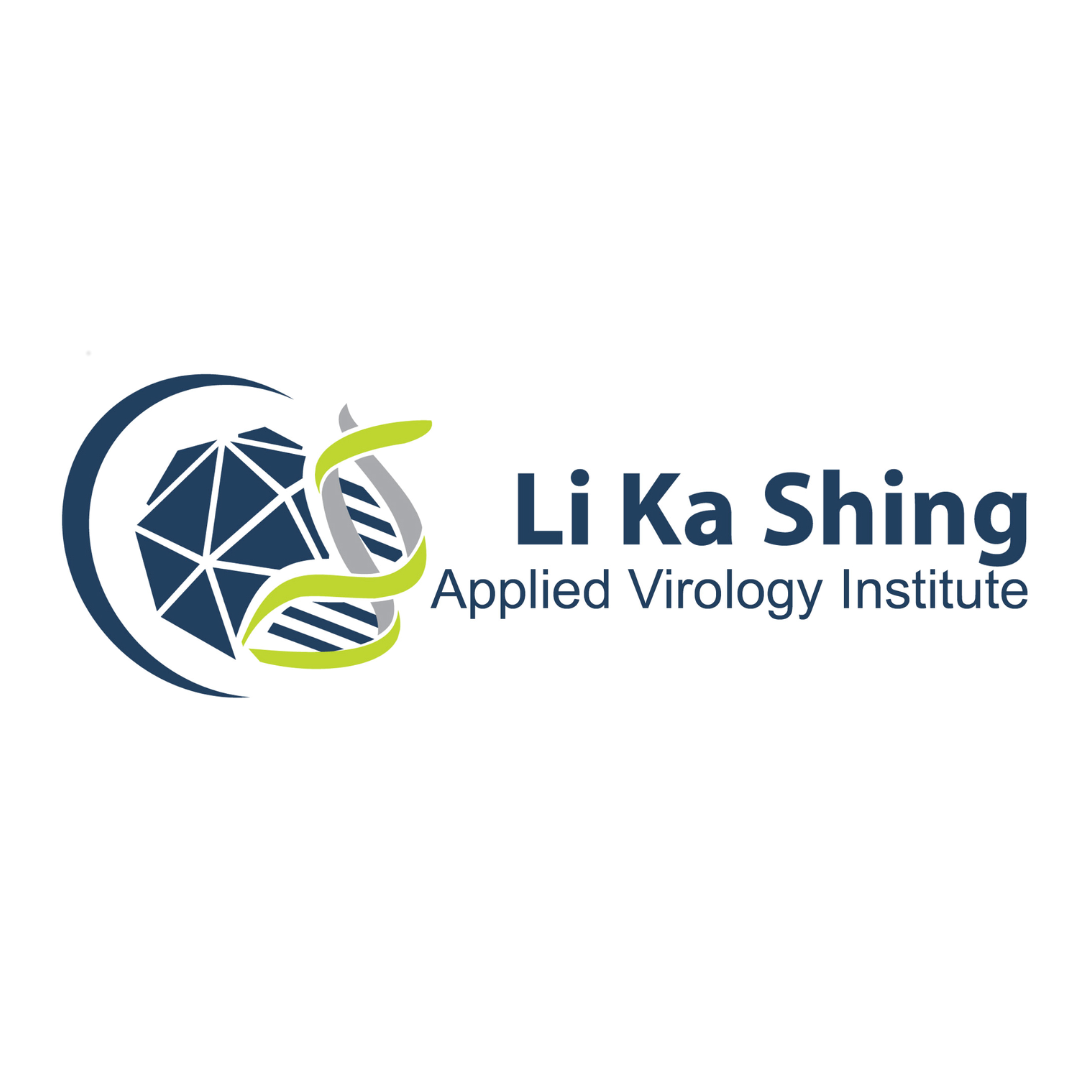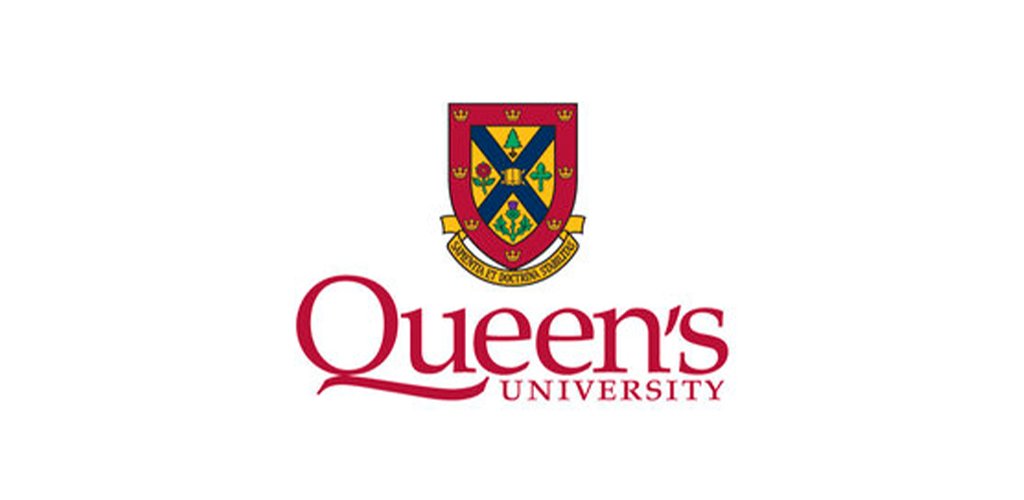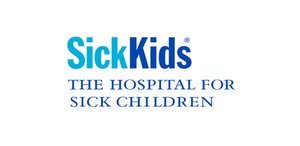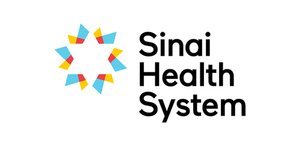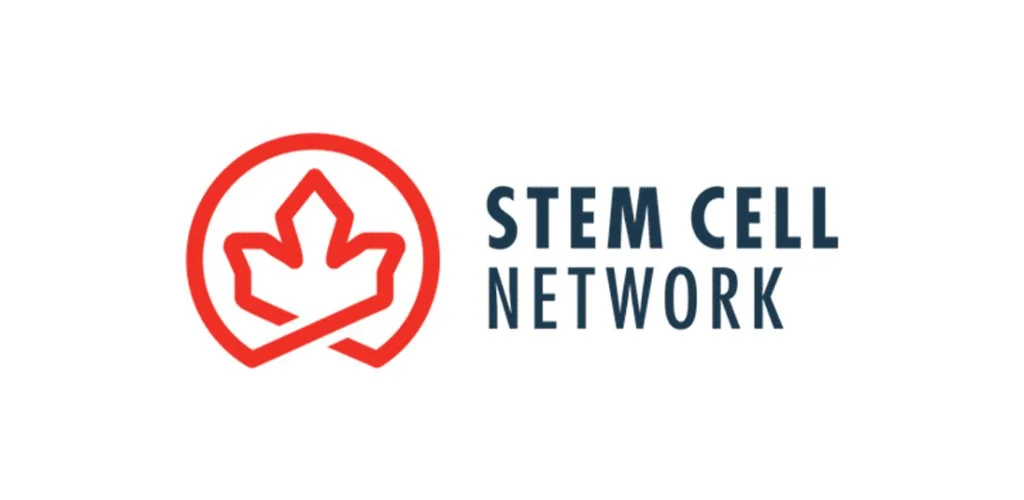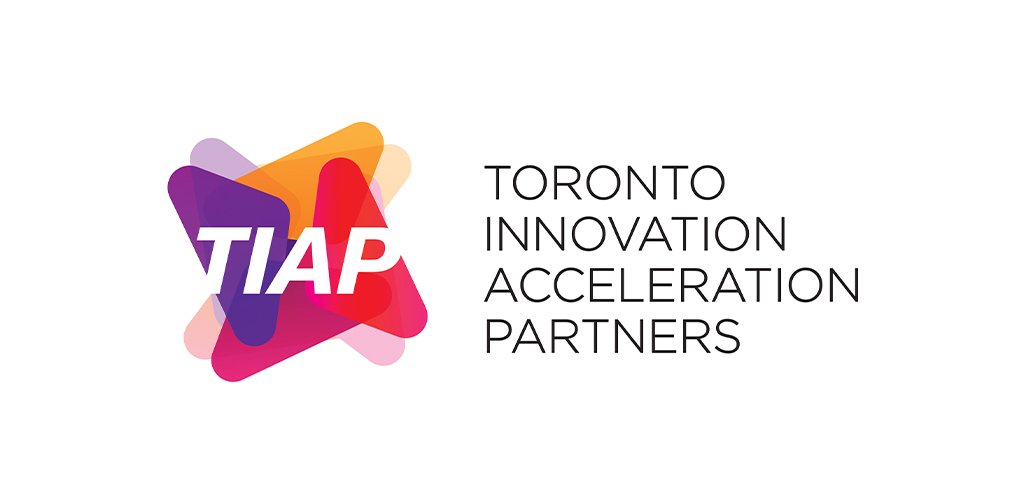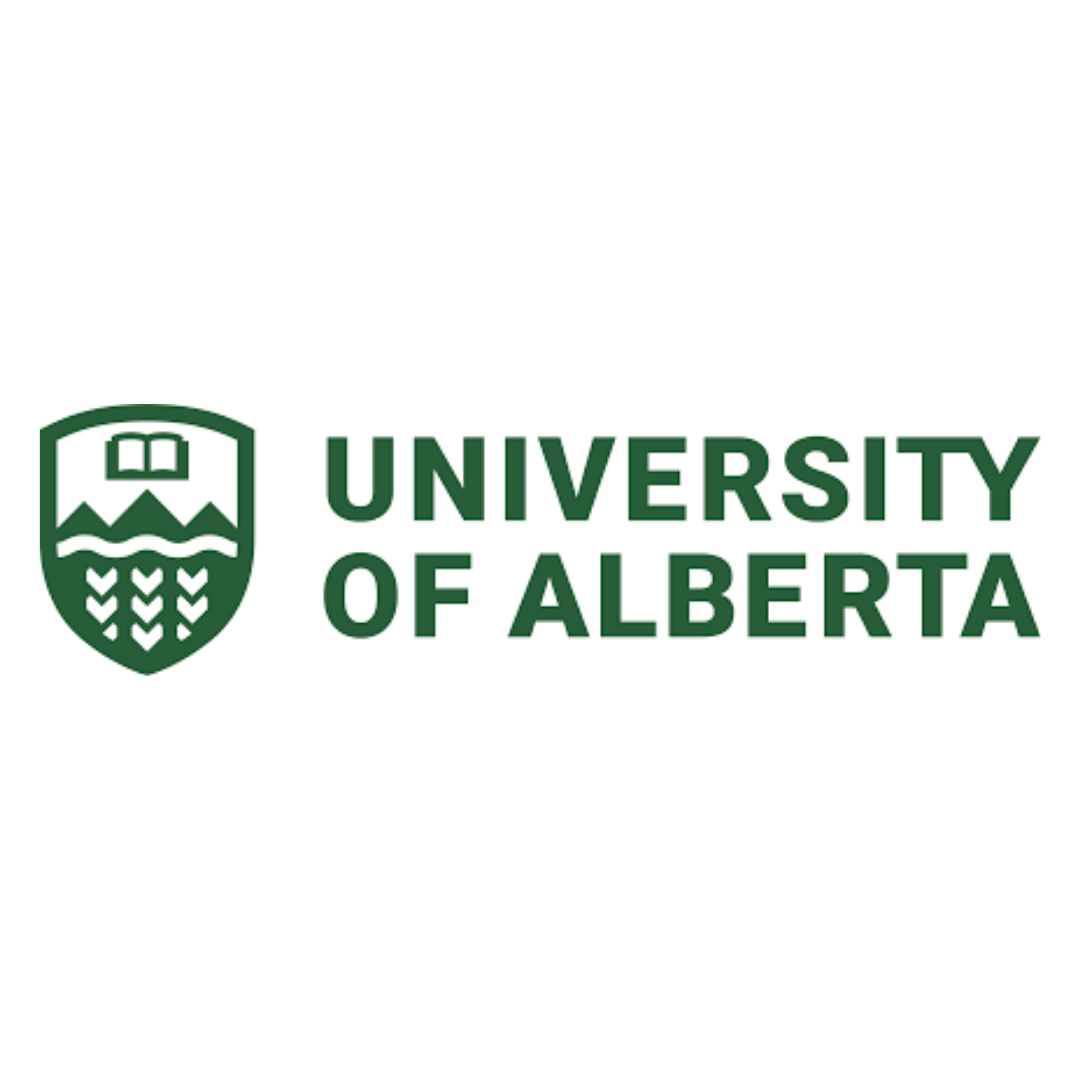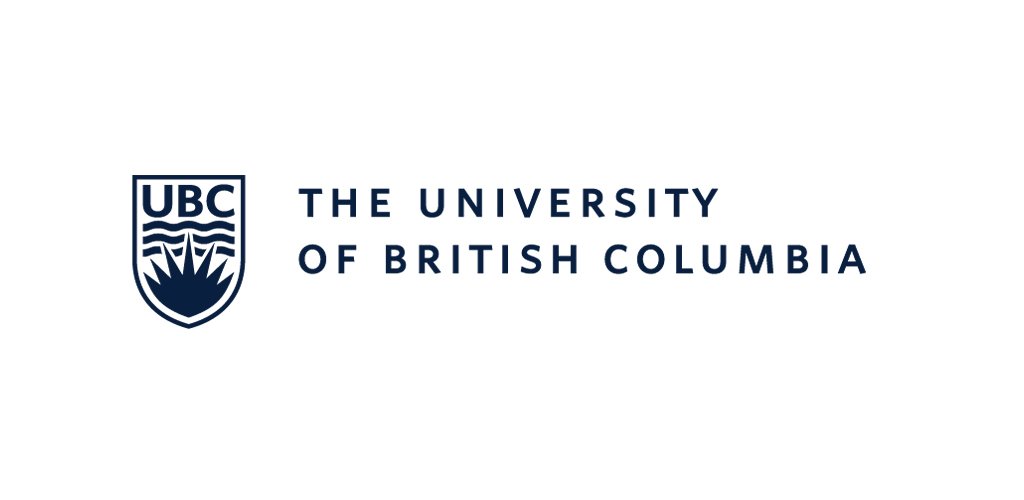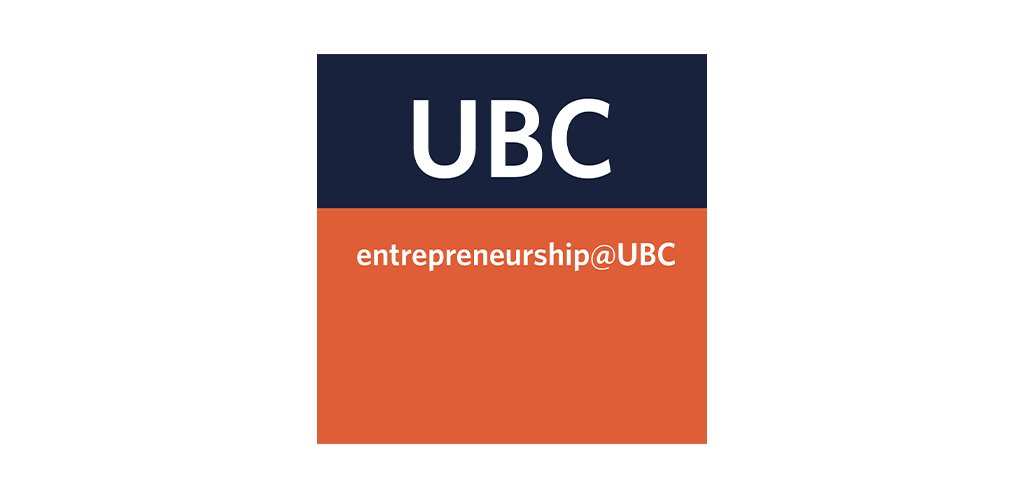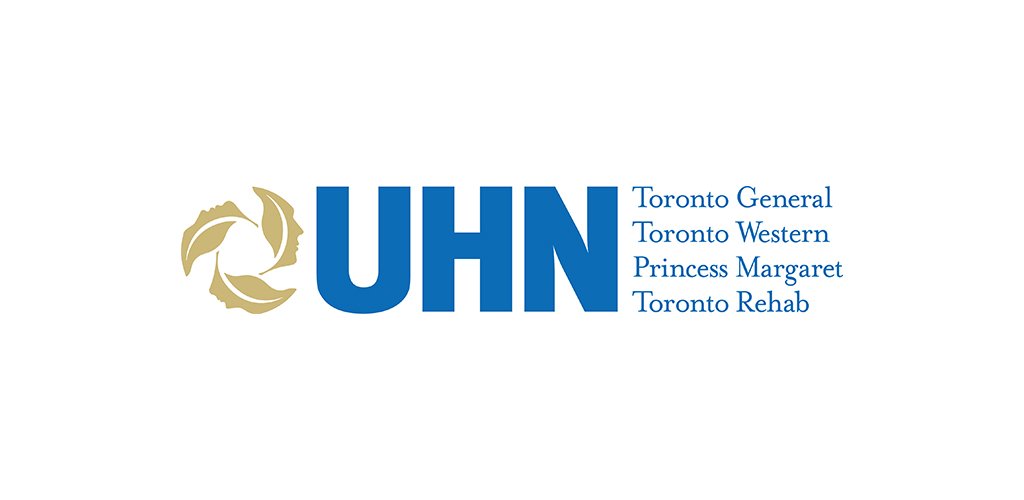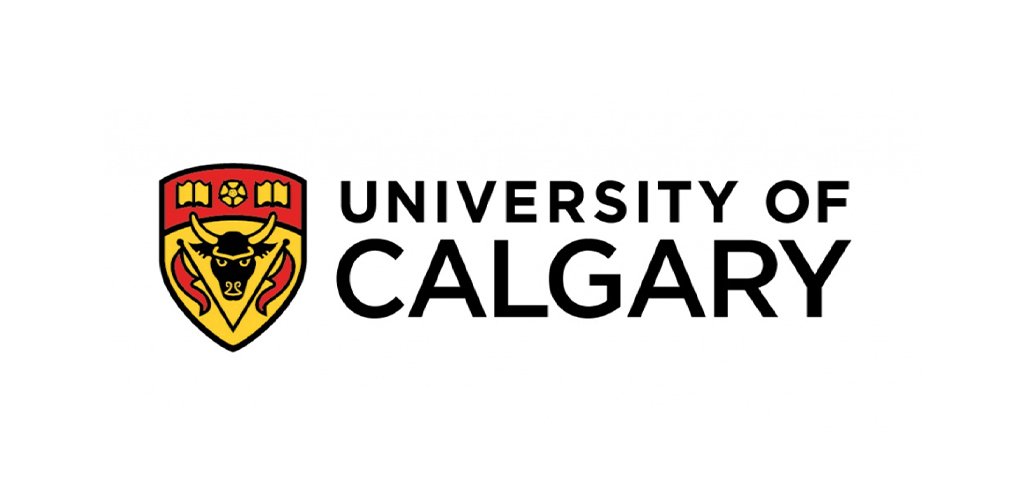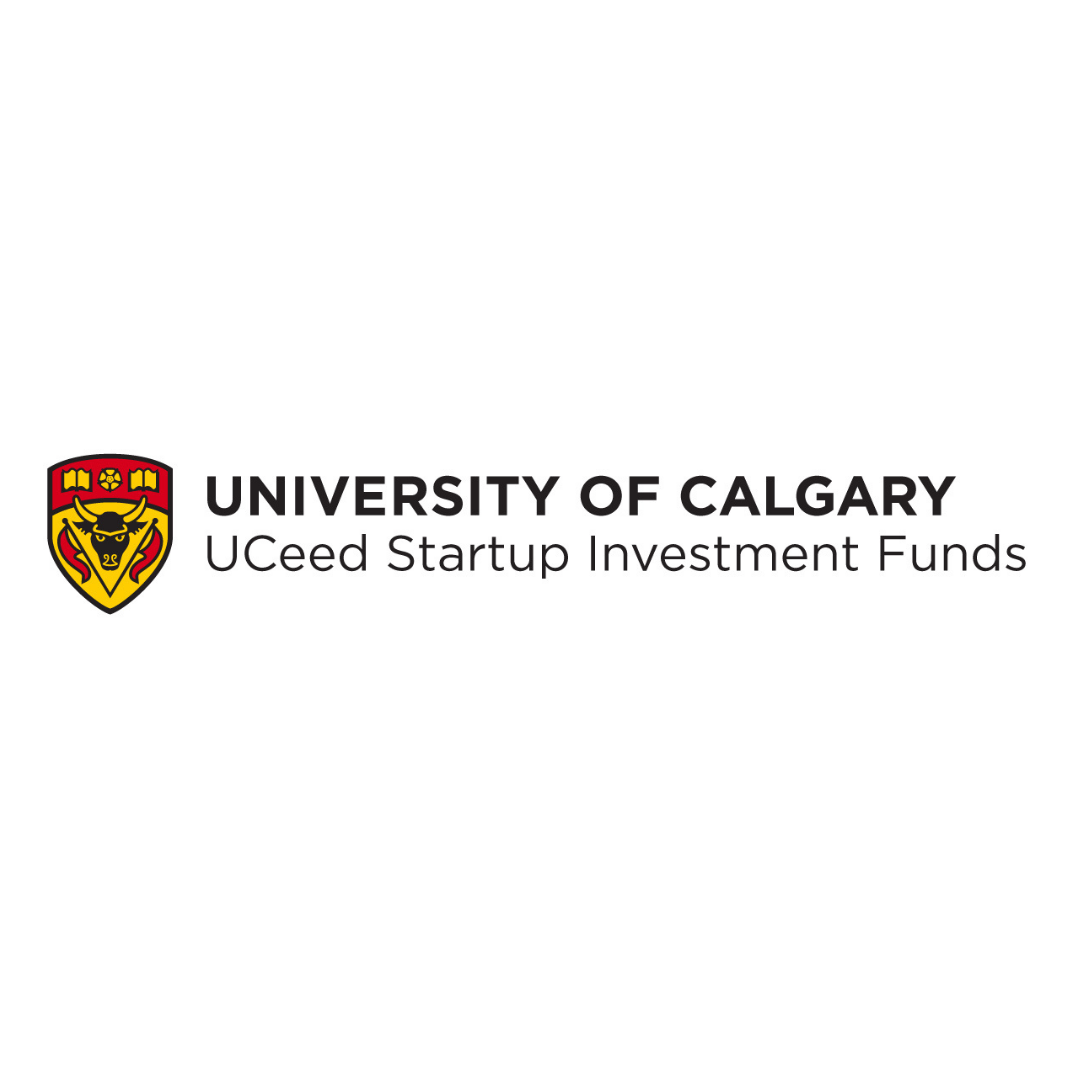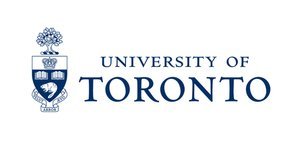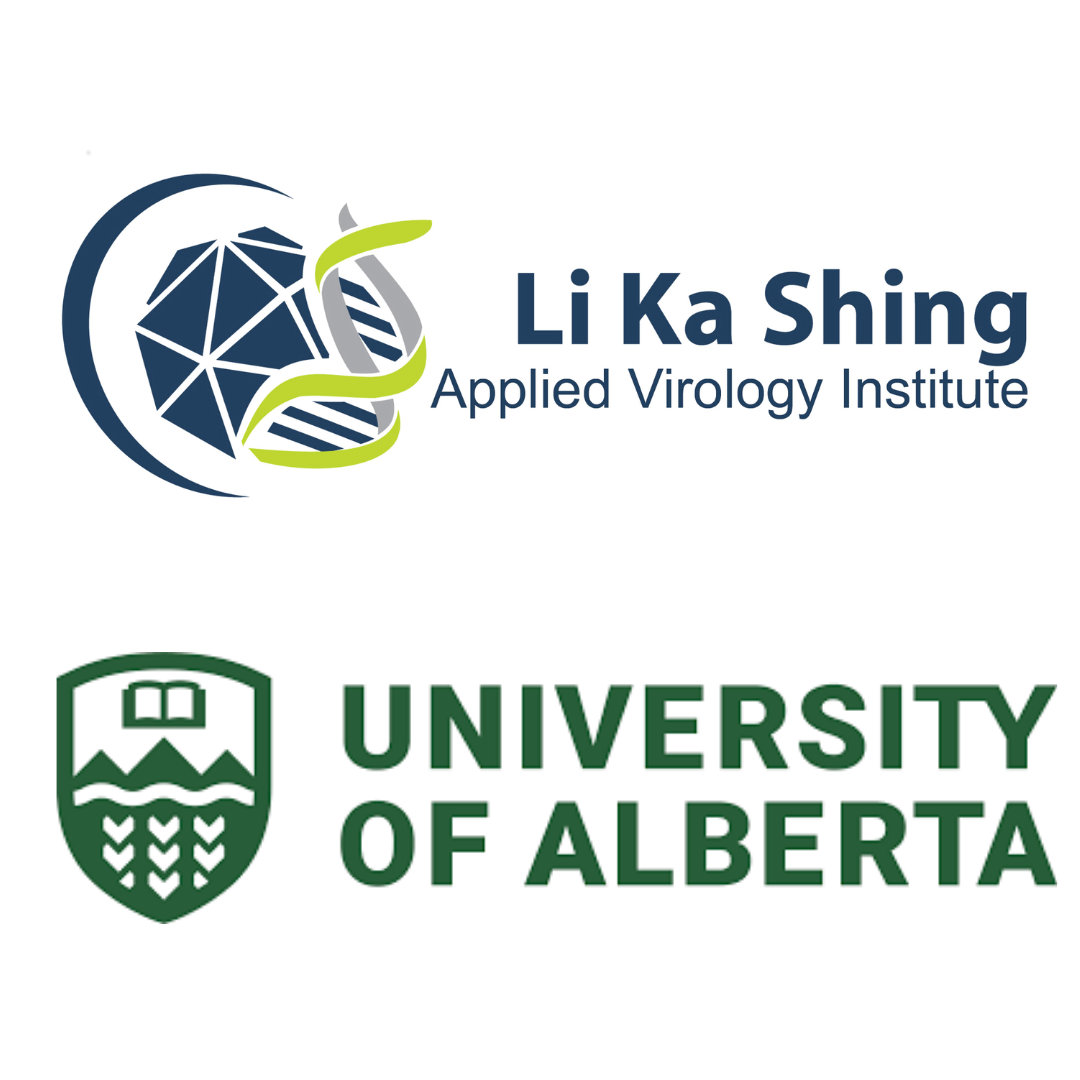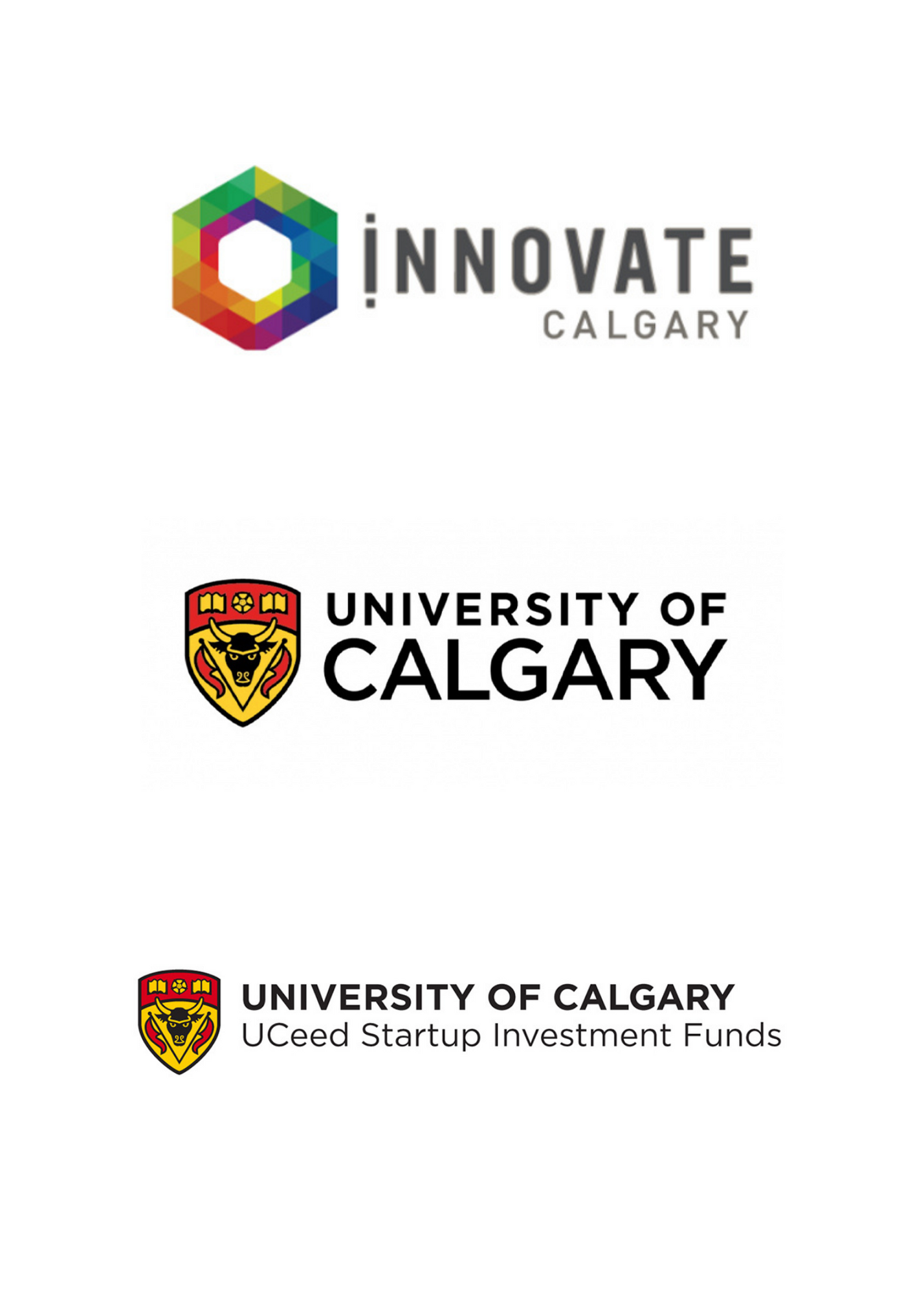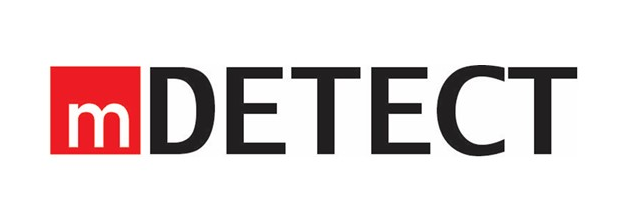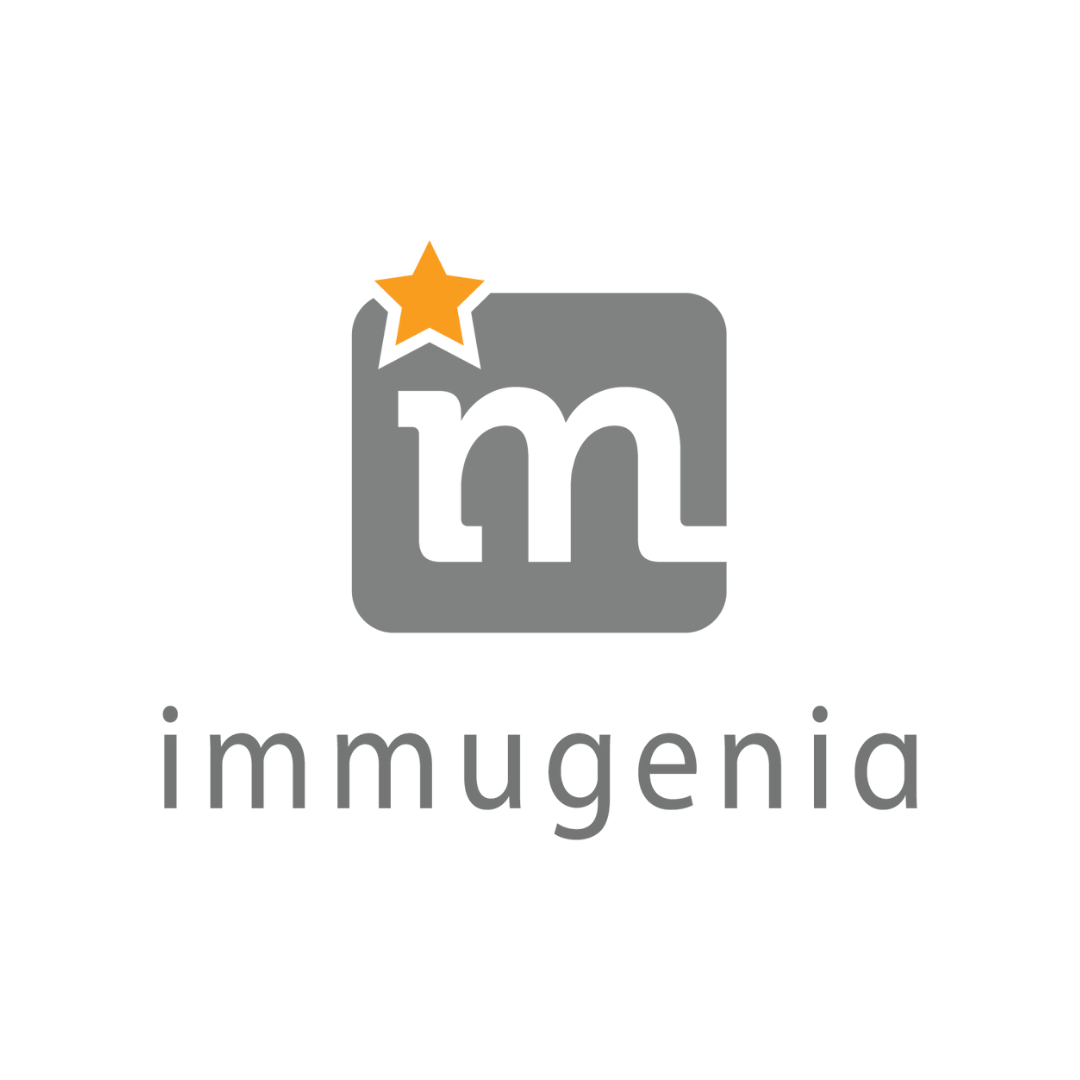Thinking about registering for the OBIO Investment Summit? The Early Technology Showcase featuring nine of Canada’s leading research organizations will seal the deal. Here is a snapshot of what you will see:
Presenting organizations
The Centre for Addiction and Mental Health (Toronto, Ontario) – Canada’s leading mental health research center featuring research on depression, schizophrenia, bipolar disorder and dementia.
Damona Pharmaceuticals (CAMH) - is pioneering the treatment of cognitive deficits in depression and aging. They developed best/first-in-class small molecules modulator of GABA, based on more than a decade of research in the human brain and animal models, led by Dr. Etienne Sibille, Founder, Acting CEO and CSO, Professor at the University of Toronto and Campbell Chair at CAMH. The lead program is to enter the clinic in 2023 with early readout for a proof-of-concept Phase 2A study for cognitive impairment in depression in 2025.
The Li Ka Shing Applied Virology Institute (LKSAVI or AVI) is the translation and commercialization hub of the Li Ka Shing Institute of Virology. Since its inception, the AVI has managed and explored various commercialization projects aimed at improving human health. Currently, the AVI's active broad portfolio of programs include vaccines, therapeutics, diagnostics, as well as the development of research tools, each project of different scope and maturity stages.
University of Calgary (Calgary, Alberta) – is one of Canada’s top comprehensive research universities, with a mission to discover new knowledge and translate discoveries into applications ranging from antibodies and novel proteins to surgical and diagnostic devices.
Queen’s Cancer Research Institute (Kingston, Ontario) – Featuring ‘mDETECT’ - a new DNA based cancer detection and characterization method reducing the cost of treatment and allowing for timelier assessment of women with metastatic breast cancer.
mDETECT is a new DNA based cancer detection and characterization method reducing the cost of treatment and allowing for timelier assessment of women with metastatic breast cancer.
The Hospital for Sick Children (SickKids) champions the identification, development and commercialization of cutting-edge health research, technology and innovations developed by its scientists and clinicians. SickKids partners with industry and investors to translate research into products that have health, social and economic benefits.
SickKids Cystic Fibrosis Project – This research from Hospital for Sick Children and a LAB150-partnered drug discovery project is aimed at developing novel small molecule drugs for treating those cystic fibrosis (CF) patients with the highest remaining unmet need. Unlike most other CF therapies, this novel approach focuses on modulating a target protein other than the CFTR channel in a manner that can compensate for loss of CFTR function. The target protein has been extensively validated by lead SickKids researchers, Drs. Lisa Strug and Johanna Rommens, and collaborators as a major gene modifier of CF disease severity. This project combines the industry experience of LAB150 partner, Evotec SE, with the expertise of SickKids – a globally recognized centre of excellence for CF research and frontline patient care.
The Mount Sinai Health System is an integrated health care system providing exceptional medical care to our local and global communities. Discoveries and innovations are translated into therapeutics, devices, diagnostics and software that benefit patients and society.
KaliDerm (Mount Sinai Hospital) - is a pre-company stage drug development program originating from the pioneering research on kallikrein proteases (KLKs) in the lab of Dr. Eleftherios Diamandis, under the supervision of lead scientist, Dr. Ioannis Prassas, at Mount Sinai Hospital’s Lunenfeld-Tanenbaum Research Institute. KaliDerm’s lead project is focused on developing KLK small molecule inhibitors for the topical treatment of Netherton Syndrome (NS) – a severe inflammatory skin disorder and rare monogenic disease that is present in about 1 in 100,000 newborns. Broader applications are envisioned for additional inflammatory skin disorders, including atopic dermatitis and acne rosacea.
Stem Cell Network (National) – Presenting two regenerative spinouts: Immugenia which is developing immune-oncology technology and Inteligex which is commercializing spinal cord injury and brain disease therapies.
STEM CELL NETWORK PARTNER COMPANIES
Inteligex is a biotechnology company developing precision stem cell therapies to reduce the tremendous costs associated with spinal cord injury and diseases of the central nervous system (CNS). Their two lead products, Intelicells and SMaRT Cells, are specifically engineered to regenerate acute and chronic CNS injuries using a patient's own cells.
Immugenia is an early-stage immuno-oncology company developing a novel approach to CAR therapy by engineering hematopoietic stem cells to treat cancer and prevent relapses. Their proprietary technology allows for the CAR to be expressed selectively in T and NK cells in order to leverage their synergistic activity against cancer.
Toronto Innovation Acceleration Partners (TIAP) is a leading provider of commercialization expertise, early-stage funding, and deal-brokering with industry and private investors in the health sciences domain. TIAP is a member-based organization with the mandate to drive the commercialization of their most promising research breakthroughs.
University of British Columbia (Vancouver, British Columbia) – is amongst the top 40 global research universities with recent developments in cell-surface engineering to reduce organ rejections and multiple mRNA spin-off companies including Acuitas Therapeutics and AbCellera.
University Health Network (UHN) is Canada’s largest research hospital and is consistently ranked number one on the list of Canada's Top Research Hospitals. UHN has strengths in immunology and cell-based cancer therapies.
Medly (UHN) - The evidence-based Medly Program, developed at the University Health Network (UHN), is an AI enhanced expert system and integrated heart failure management protocol that optimizes heart failure patient access, delivering the highest quality care at the lowest cost.
The University of Toronto is Canada’s top university and one of the world’s top research-intensive universities. The University of Toronto Early Stage Technology (UTEST) Program provides support to University of Toronto entrepreneurs to create research-based companies founded on cutting-edge research from the University of Toronto and affiliated hospitals.
Cellular Analytics (University of Toronto) - The company develops autologous cell therapies using a proprietary cell isolation and processing platform that produces highly potent & effective cell-based products for immunotherapy that can be scaled for clinical use. The company utilizes its CytoFind technology to identify unique cellular markers that support the isolation of tumor reactive cells from both tumor tissue and circulation, enabling the next generation of autologous immunotherapies.


